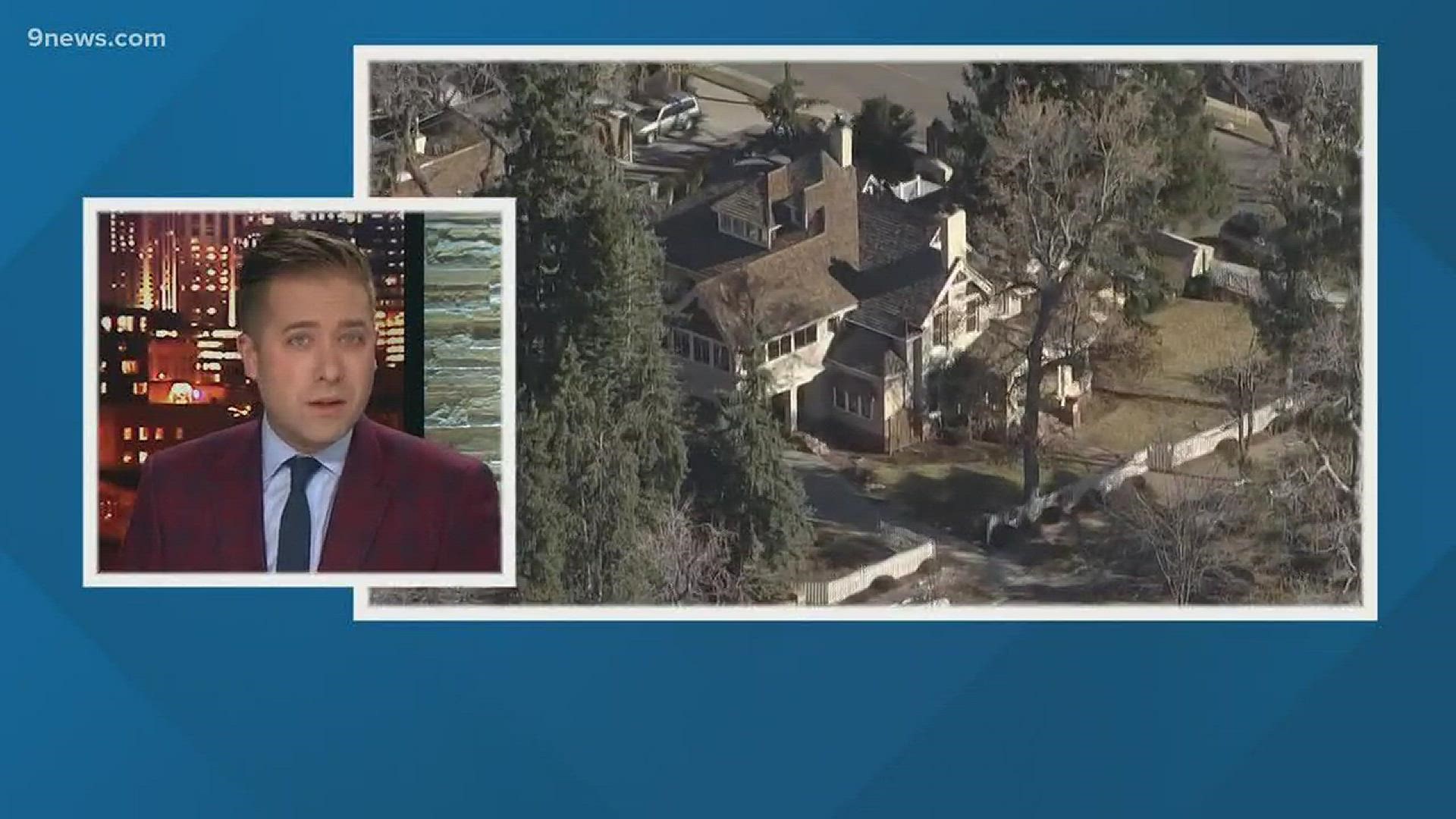DENVER — The city of Denver has revoked a short-term rental license from a homeowner because the home that was being rented out was not that person's primary residence, a violation of Denver's short-term rental rules.
According to Eric Escudero with the city's licensing office, this is the first time Denver has revoked a short-term rental license.
In the city and county of Denver, people can only rent out a home that is considered their "primary residence" on sites like Airbnb and VRBO. It's forbidden in Denver to purchase a home with the sole intention to rent it out, unlike some mountain towns.
The city and county also has the right to revoke or deny a rental property if it "adversely affects the public health, safety, or welfare of the immediate neighborhood in which the property is located."
A would-be renter then must apply for a short-term rental license.
You can apply for a license and read the full list of requirements here: https://on9news.tv/2TkpuIe.
The home that had its license revoked is located at 410 Marion St. in Denver's County Club neighborhood. According to a listing on Zillow, the 6-bedroom, 6-bathroom house is now for sale for $5.6 million.
The home was listed on rental sites as a "hotel" that slept up to 20 people and offered concierge services, according to testimony during the hearing.
The decision letter in the case says that in this context a "primary residence" is defined as "a residence which is the usual place of return for housing." A homeowner can prove this by providing at least two of the following documents: motor vehicle registration, driver's license, Colorado ID, voter registration, tax documents or utility bills.
However, even if a homeowner provides documentation, the letter says the Department of Excise and Licenses can still revoke a short-term license if they feel further investigation proves the home is not that person's primary residence.
That is what happened in this case.
The decision letter says a combination of testimony from neighbors, the number of nights the home was booked and the homeowner's failure to rebut any of the evidence led them to recommend the license be revoked.
In December, Denver City Auditor Timothy O'Brien said the city needed to do a better job at enforcing the regulations.
O'Brien's office found there are discrepancies between the law and how it's enforced, and that some people received license who shouldn't have.
Per the auditor, discrepancies include not having proof of possession of the rental, the city not having a clear policy on insurance, and the city not checking thoroughly enough to see if applicants have any outstanding fines.
Beginning in April, new short-term rental regulations will be going into effect. These include:
- New insurance requirements for getting licenses. A short-term renter is required to notify their regular home of apartment insurers, as well as the City of Denver, of their plans to turn their dwelling into a short-term rental as well as their HOA, since HOA insurance often covers common areas that could be used by guests
- New rules require short-term renters to clarify the grounds in which a license application can be denied or revoked, including failure to comply with city or state laws.
- A license can also now be revoked or denied if a rental property adversely affects the public health, safety, or welfare of the immediate neighborhood in which the property in located.
- New rules now require that licensees submit any changes to the name or contact information for a “Local Responsible Party” (required by ordinance) to the Department of Excise and Licenses within 30 days of the change
Escudero said that of the active short-term rental listings in Denver, 72 percent of them had valid licenses in March. He said this was an all-time high compliance rate.
There are currently 2,573 active short-term rental licenses in Denver, according to Escudero.
SUGGESTED VIDEOS | Local stories from 9NEWS

